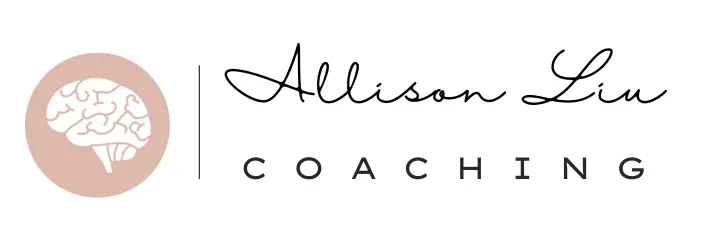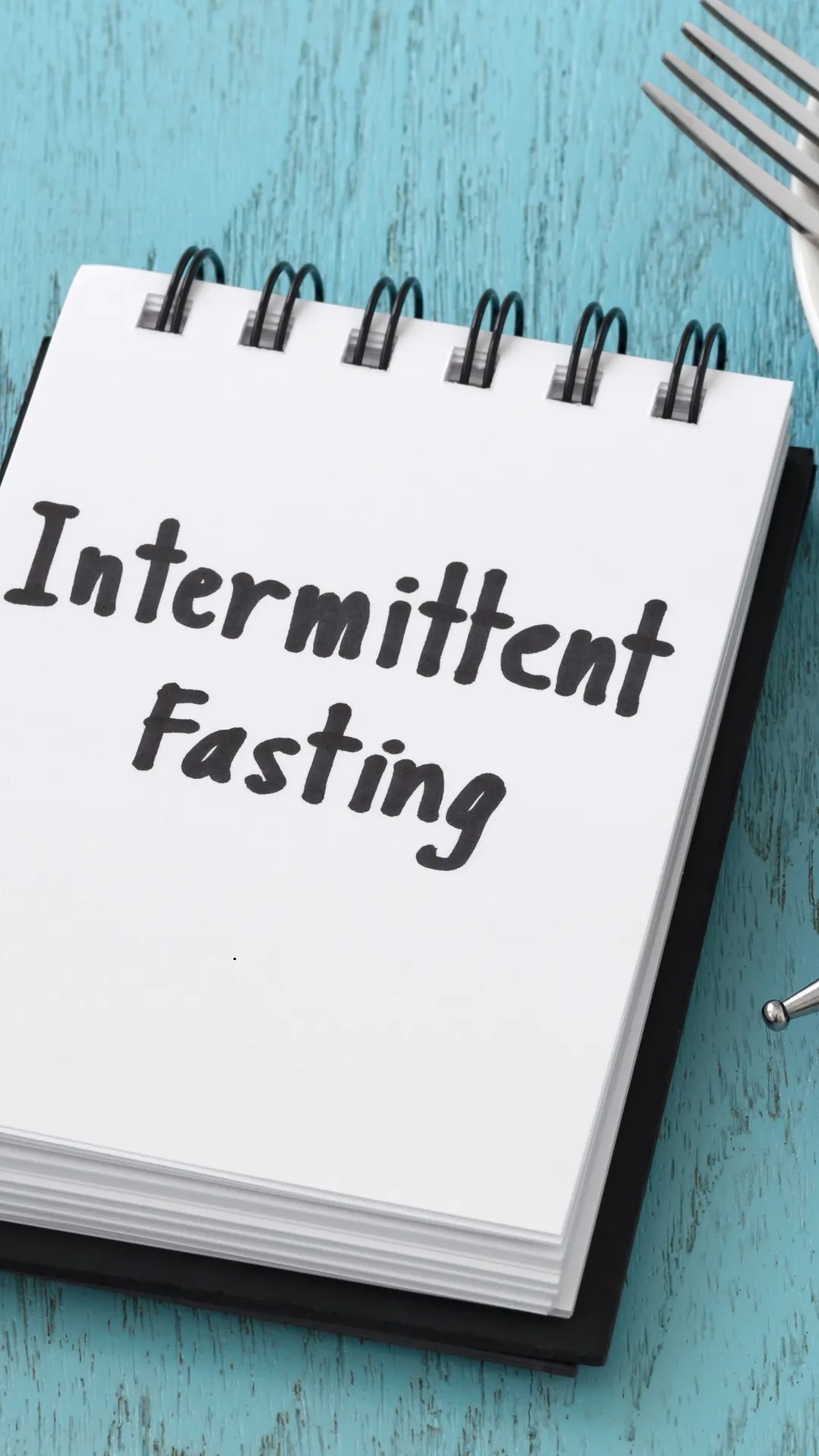
6 Powerful Ways to Reduce Overwhelm for a Calmer, More Focused Brain
"Once a task is finished, we stop thinking about it. But when it is interrupted and left undone, it stays active in our minds." - Adam M Grant
Do you ever feel like your brain has too many tabs open? Juggling multiple to-dos, commitments, and responsibilities - only to end the day feeling like you’ve accomplished little? That constant hum of too much is overwhelm. And while it’s easy to brush off as just “having a lot on,” the truth is, chronic mental overload drains your brain’s energy, makes it hard to concentrate, and chips away at your sense of calm.
But here’s the hopeful part: overwhelm isn’t a fixed state. You can change it. In fact, small steps - taken consistently - can help you clear the clutter, regain your mental calm, and strengthen your brain in the process.
In this article, you’ll learn what’s really behind that sense of mental overload, how stress affects your brain, and six practical ways to feel more calm, focused, and in control - starting today.
Why We Feel So Overwhelmed
One of the biggest contributors to mental overwhelm is the number of unfinished tasks we carry around in our heads.
I've learned this the hard way: the more uncompleted tasks I have, the more drained I feel - and the harder it is to be productive. It’s like having too many tabs open in a browser: eventually, everything slows down.
These open “mental tabs” create tension in your brain. Your mind keeps circling back to them until they’re dealt with - whether it’s booking that appointment, replying to that email, or decluttering that drawer you keep ignoring.
This is called the Zeigarnik Effect: a psychological phenomenon where your brain holds onto uncompleted tasks, keeping them active in your short-term memory. It’s helpful for remembering important things - but when there are too many of those things, it can leave you feeling overwhelmed, scattered, and mentally exhausted.
And it’s not just about tasks. Overwhelm often builds when:
You face too many choices every day (decision fatigue)
You’re bombarded by digital inputs (notifications, messages, alerts)
You’re surrounded by clutter (in your environment and online)
You have no clear priorities, so everything feels urgent
You have unrealistic expectations and feel pressure to do everything perfectly
When all of these build up, your brain stays in “threat mode.” Stress hormones rise and it becomes harder to make clear decisions, plan or solve problems. Over time, this wears down your mental resilience.
But the good news is that you can help your brain reset and feel calmer, with just a few focused steps.
6 Practical Ways to Reduce Overwhelm
You don’t need a complete life overhaul to feel better. Here are six simple strategies to help calm the chaos and support a sharper, more focused brain.
1. Do a Brain Dump to Clear Mental Clutter
Get everything out of your head and onto paper: tasks, worries, ideas, errands. Don’t try to organise it yet. Just release it.
Why it works: Offloading thoughts frees up your brain’s working memory, making it easier to focus on what matters.
Try this: Set a timer for 10 minutes and write down everything on your mind. Big or small - get it all out.
2. Break Big Tasks Into Smaller Wins
Large tasks feel overwhelming because they don’t have a clear starting point. Breaking them into smaller sub-tasks makes them manageable and gives you momentum.
Why it works: Each small completion gives your brain a dopamine reward and reduces the Zeigarnik effect.
Try this: Instead of “plan the birthday party,” start with “write the guest list” or “choose a date.”
3. Time-Block a Daily Focus Hour
Dedicate one hour a day to focused, distraction-free work on a single task. Protect that time like you would a meeting.
Why it works: Your brain is wired to do deep work in short bursts. This builds focus and reduces the stress of multitasking.
Try this: Block out a recurring “Focus Hour” in your calendar and label what task you’ll work on.
4. Shrink Your To-Do List
Long to-do lists are mentally exhausting. Narrowing your focus to 1-3 key priorities per day helps you feel more in control.
Why it works: Your brain thrives on clarity. Fewer decisions = less mental fatigue.
Try this: Each morning, choose your top 3 tasks. Let the rest wait their turn.
5. Clear the Clutter - Physically and Digitally
Visual clutter creates mental noise. A messy workspace, dozens of browser tabs, or an overflowing inbox all contribute to overwhelm.
Why it works: Clutter activates your stress response. Order brings a sense of safety and calm.
Try this: Close unused tabs. Clear your desk. Sort paperwork. Give your brain some breathing room.
6. Be Kind to Yourself - and Start Small
Perfectionism and placing unrealistic expectations on yourself can make even simple tasks feel heavy. But shame and self-criticism only add to your stress load. The truth is, being hard on yourself doesn’t make you more productive - it just makes the task feel harder. Embrace self-compassion instead.
Why it works: Self-compassion lowers cortisol (the stress hormone) and helps you take action from a place of calm rather than fear.
Try this: When you're stuck, pause and ask yourself "What would my compassionate self say to me right now?" Maybe it’s: “Everything's ok - you've got this.” Or: “This feels big, but you don’t have to do it all at once.” Then take one small, kind step forward.
Final Thoughts
Overwhelm doesn’t mean you’re failing. It means your brain is trying to carry too much—and it needs your help to let go. You don’t have to do all of these steps at once. Just choose one and begin. As you take weight off your mind, your focus sharpens, your energy lifts, and your sense of calm returns.
Ready to Go Deeper?
If you’d like help identifying what’s really weighing on your mind - and where to start lightening the load - I’ve created a simple tool to guide you. The Stress Load Audit helps you name the biggest drains on your brain and choose your next small step forward.
Start small. Be kind. And take one step toward a calmer, more focused brain.





